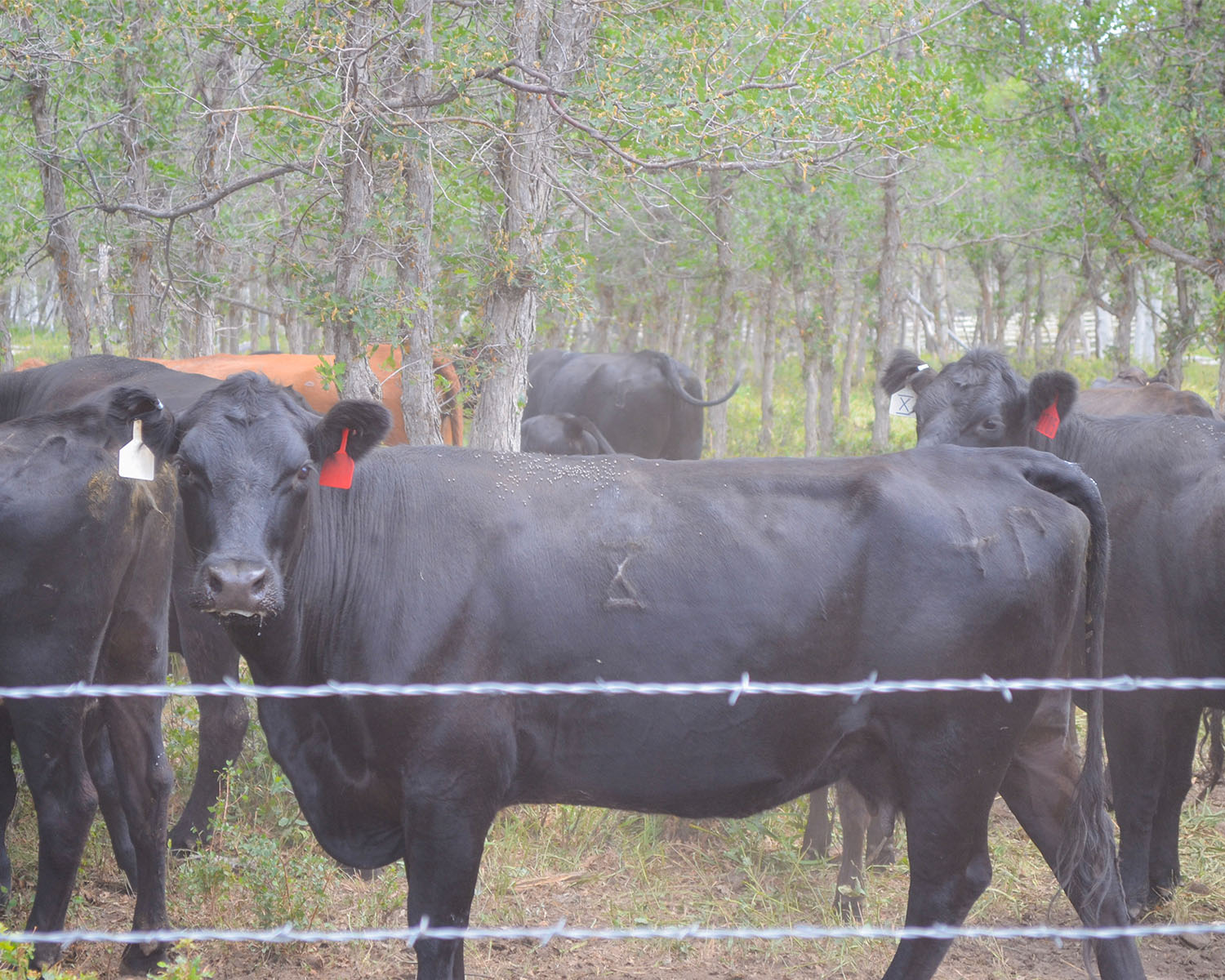As the demand for beef products continues to grow, producers are under pressure to raise and process more animals, with higher quality demands, while remaining as efficient as possible. However, there has been a long-standing recognition in the cattle industry that high-stress handling of animals can negatively affect their well-being, and in turn, the quality of their products. Low-stress handling is an increasingly popular practice among livestock producers as it offers numerous benefits for humans and animals alike.
What is Low-Stress Handling?
Low-stress handling is a technique that aims to reduce the stress experienced by livestock during handling procedures, such as sorting, loading, transportation, and processing. This method is based on the principles of animal behavior, and it takes into consideration the natural instincts of the animals. By using low-stress handling techniques, producers can create a calm and safe environment for their livestock, which not only improves their well-being but also can be beneficial for their productivity, and concurrently, your profit margin.
Benefits of Low-Stress Handling for Cattle
Improved Animal Welfare
One of the primary benefits of low-stress handling for cattle is improved animal welfare. When cattle are subjected to high-stress handling, they may experience fear, anxiety, and pain, which can have negative impacts on their health and productivity. Low-stress handling helps to minimize these negative experiences by creating a calm and safe environment for the animals. This can help to reduce the likelihood of injuries, illness, and stress-related behaviors, which will improve the overall well-being of your animals, reduce the cost of emergency vet visits, and create a safer environment for those handling your livestock.
Higher Productivity
Cattle that are handled using low-stress techniques tend to be more productive than those that are subjected to high-stress handling. This is because low-stress handling reduces the animals' stress levels, which leaves them with more energy to devote to their immune system function, feed intake, and weight gain. Additionally, low-stress handling can reduce the incidence of bruising and other injuries that could occur during handling, which would diminish the quality of the meat.
Safer Working Conditions
Employing low-stress handling techniques on your operation can improve your and your workers’ safety. When cattle are handled using high-stress techniques, they typically become agitated and/or aggressive, which can pose a danger to those handling them. By using low-stress handling techniques, producers can create a safer working environment, which can reduce the risk of accidents and injuries.
Less Stress for You
Cattle are not the only ones that experience lower stress levels with low-stress handling techniques. When executed correctly, low-stress handling is significantly easier on the rancher, or handler, as well. Because these techniques leverage the animal’s natural instincts, cattle will typically move more easily, more quickly, and more calmly in the directions you need them to go without any extra scrambling on your part.
Conclusion
By reducing the stress your cattle experience during handling procedures, you can improve your animals' welfare, productivity, and the quality of their products, improving the safety of yourself and your workers. For more tips on livestock production, risk assessment, and agricultural insurance products, visit and subscribe to the Redd Summit blog.

%20(1).jpg)



.webp)




